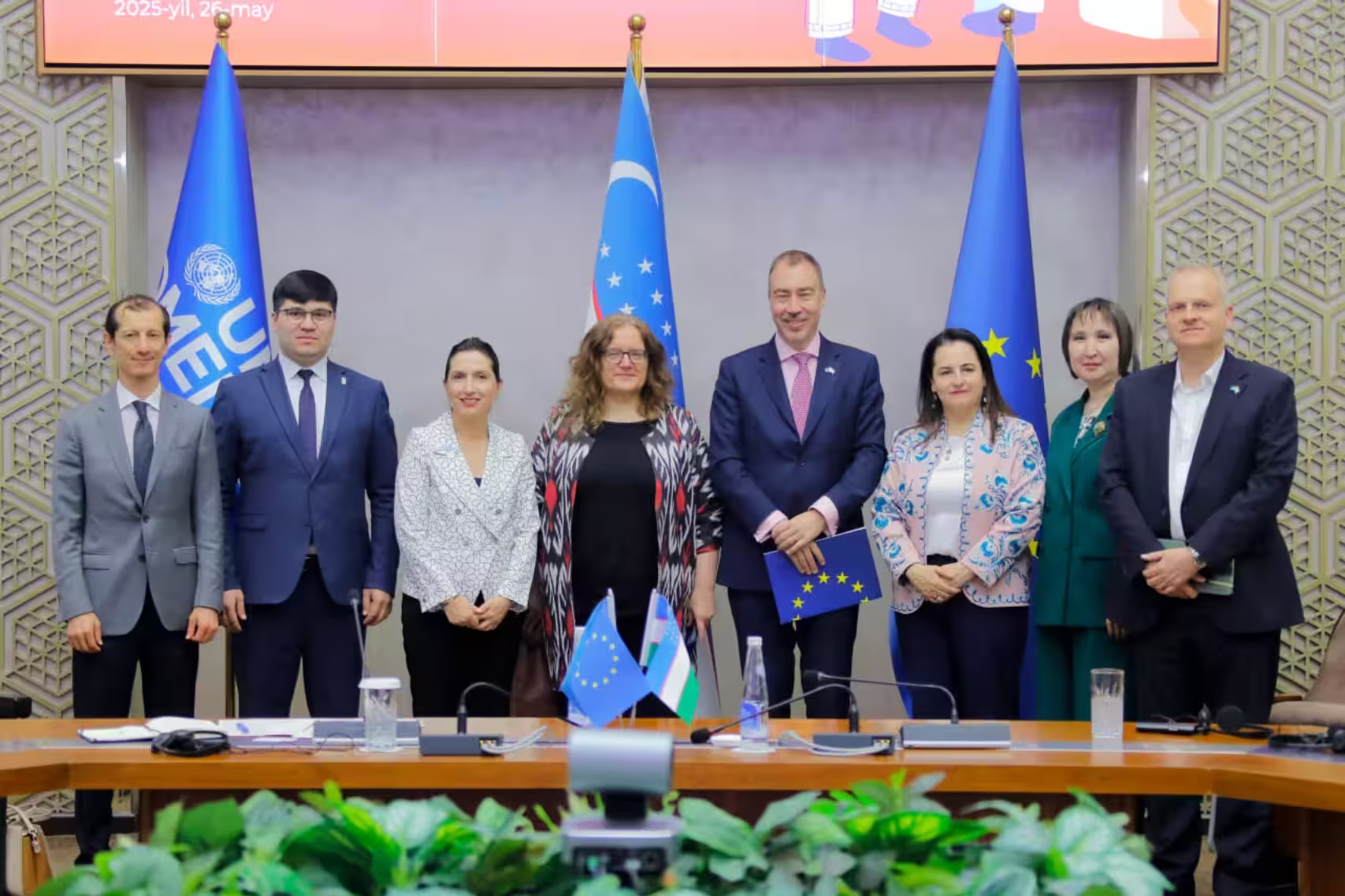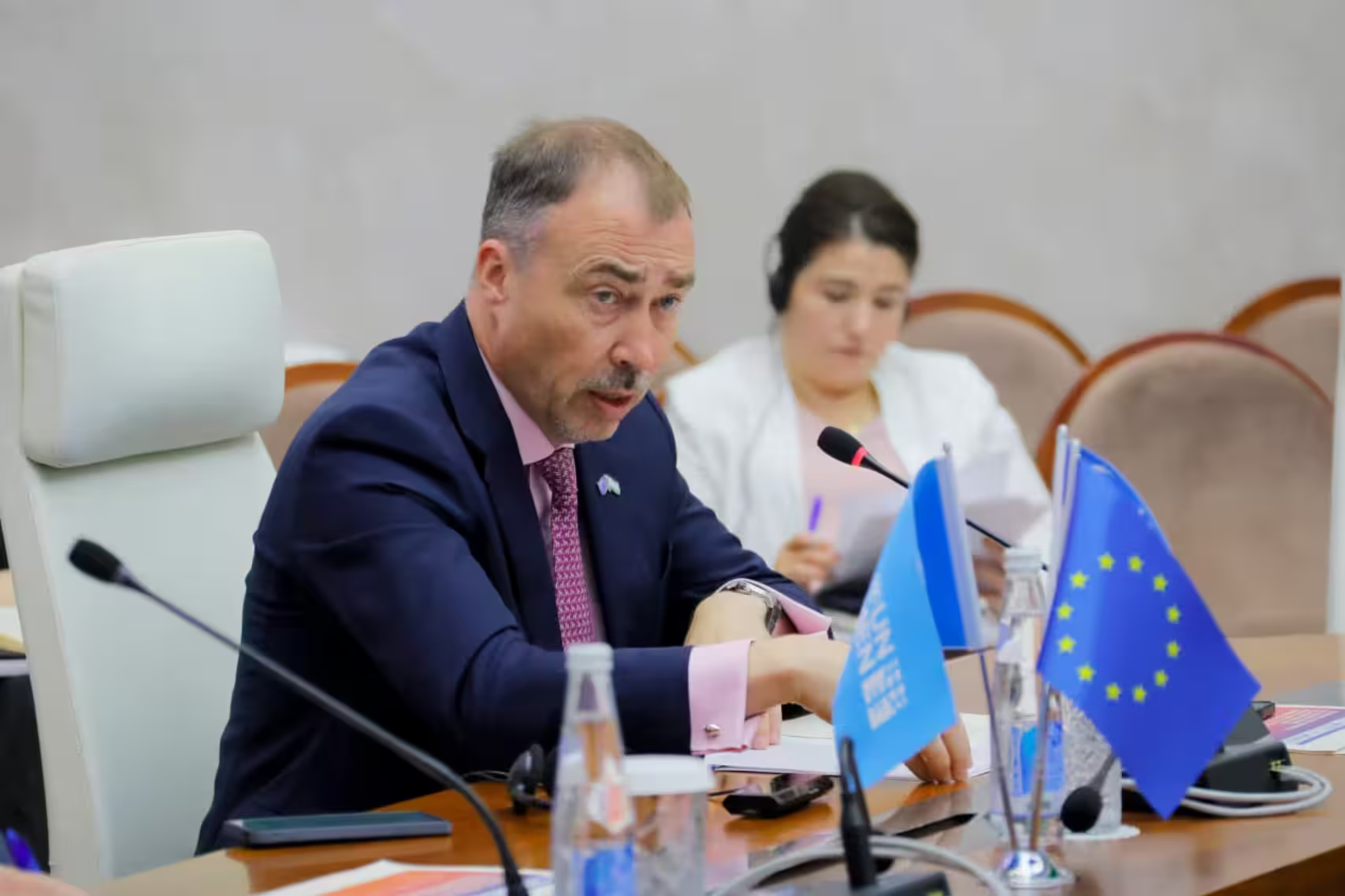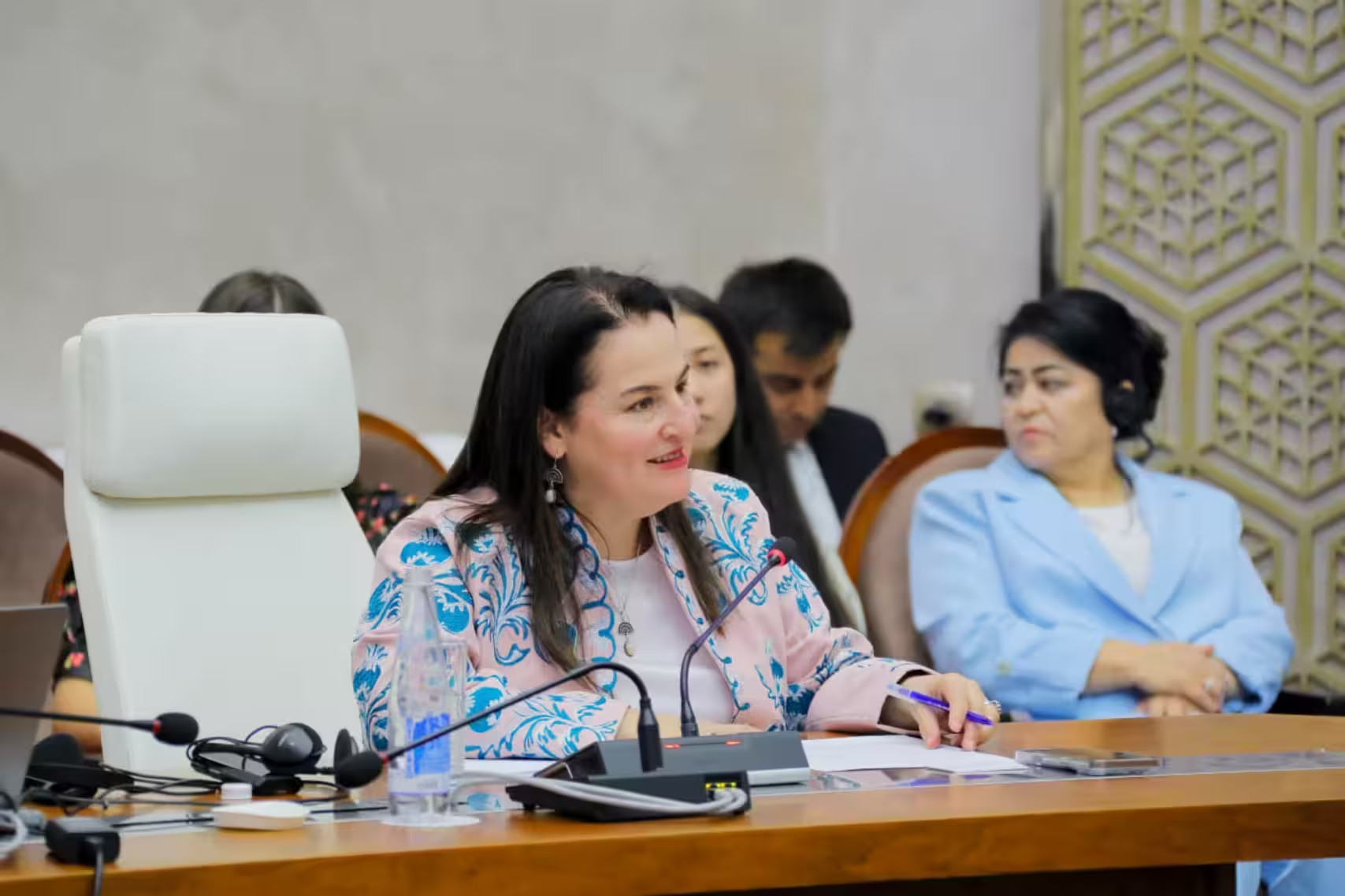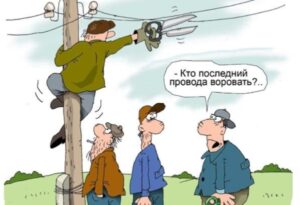A new EU-funded project aimed at making Uzbekistan’s budgeting process more inclusive and equitable was officially launched on May 26 in Tashkent. The initiative, titled “Promoting Gender Responsive Policies and Budgets (GRB): Towards Transparent, Inclusive and Accountable Governance in Uzbekistan”, is implemented by UN Women in cooperation with the Ministry of Economy and Finance of Uzbekistan.

The project seeks to integrate gender equality into national planning and budgeting, ensuring that women and girls benefit equally from government policies and resources. It supports Uzbekistan’s broader gender equality goals, including those outlined in the Gender Equality Strategy 2030.
Speaking at the launch, Shokhruh Ishankulov, Deputy Director of the State Budget Policy Department at the Ministry of Economy and Finance, emphasized the transformative impact of GRB.
“By integrating gender analysis into our planning and budgeting processes, we create a more effective government—one that ensures no one is left behind,” he said.
EU Ambassador to Uzbekistan, H.E. Toivo Klaar, noted the project’s potential to promote equal access to public services and decision-making.
“Gender Responsive Budgeting helps allocate resources in a way that addresses gender disparities,” he stated. “The EU is proud to work with UN Women in supporting Uzbekistan’s fiscal institutions to adopt these practices.”

UN Women’s Deputy Regional Director for Europe and Central Asia, Elisa Fernandez Saenz, applauded Uzbekistan’s move as a critical step toward closing gender gaps.
“This project strengthens accountability by ensuring that public resources empower those most often left behind,” she said.
Sabine Machl, UN Resident Coordinator in Uzbekistan, highlighted the broader implications of the initiative.
“This collaborative effort has the power to truly transform how public finances are managed, leading to more impactful outcomes for both women and men,” she said.
Project Goals and Background
Launched during a high-level event attended by government officials, international partners, and media representatives, the GRB project builds on Uzbekistan’s progress in promoting gender equality. These include establishing a parliamentary committee on women’s issues and enacting reforms to enhance women’s rights.
With initial seed funding provided by UN Women in late 2024, the project began by training 30 civil servants across various ministries to build capacity in GRB. Over the next two years, it aims to institutionalize gender budgeting practices across national and local levels, starting with the Ministry of Economy and Finance and the Ministry of Agriculture as a pilot.

The initiative aligns with Uzbekistan’s Public Finance Management reforms and the Sustainable Development Goals—particularly SDG 5 on gender equality and target 5.c.1, which tracks public resource allocations for gender equality.
Beyond integrating gender perspectives into budgets, the project also addresses deeper structural challenges. These include women’s limited ownership of land and property, higher poverty rates, and underrepresentation in high-value sectors. With Uzbekistan aiming to halve poverty and double GDP in the near term, GRB is seen as a powerful tool to guide equitable investments.
UN Women has supported over 80 countries in implementing gender-responsive budgeting over the past two decades. GRB is increasingly recognized as a key instrument for achieving SDGs, enhancing public finance effectiveness, and ensuring gender-sensitive policy reforms.
Despite global momentum, only 26% of countries have comprehensive systems to track gender equality allocations in budgets. GRB emphasizes data-driven, inclusive decision-making, requiring strong political commitment, institutional frameworks, and collaboration with civil society and the private sector.




